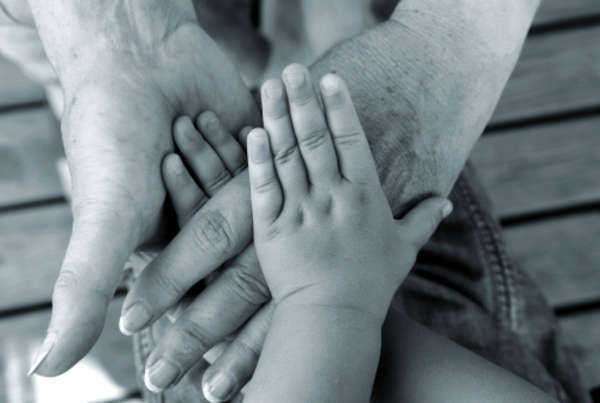
When there are circumstances in a child’s life that causes him or her to live in a foster home, this is often believed to be the optimal decision. There are some instances in which a child living in his or her biological home is not the best choice for a child. As much as society dislikes to see families separated, the safety of a child is most important.
A child deserves to live in a loving home, even if it is not under the roof of his or her birth parents. This is why it is sometimes decided that foster care is the best option for the child. This choice may not appear to be the prime decision at first, but over time it is discovered that it is in the best interest of a child.
Voluntary
There are some instances in which a child may be placed in a foster home on the basis of a voluntary act by a child’s parent. Voluntary foster placement is sometimes the best option for the child. For those children that have developmental disabilities, it is sometimes advised that the best option for a child is to be placed in a foster home.
A great deal of work is involved in caring for a child who has developmental disabilities, so it is sometimes the best option for a child to be placed in the care of a foster home so that they may get the additional care that is needed. For those instances where a child may be undergoing treatment, it is sometimes suggested that they remain in the care of a foster home until they are able to care for their children in the manner in which they would like.
The State assists with this process in finding the right placement for foster care and works to ensure that a legal guardian’s parental rights are protected throughout the process.
Residential Treatment Centers
There are some instances in which it is the proper decision for a child that has been removed from his or her home to be placed in a Residential Treatment Center. Residential Treatment Centers are a temporary place where children are to stay when they are not able to reside in private residential care.
Just like a foster home, a Residential Treatment Center is a place where a child can go until they are ready to transition on to the next stage of care. After living in a Residential Treatment Center, a child is prepared to move on to private residential care.
Some children do not have the capacity to move on to an intimate residence right away and need to be closely monitored by the State caregivers. So they will remain in a Residential Treatment Center until they are able to be placed in a foster home, an adoptive home, or returned to the care of their legal parent.








